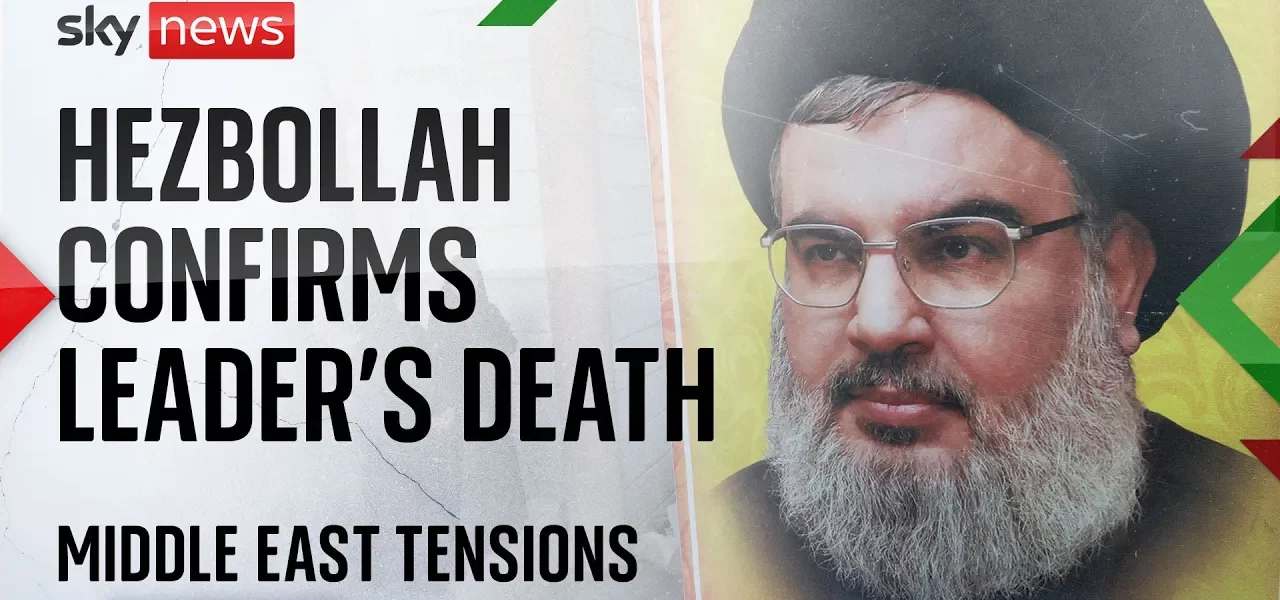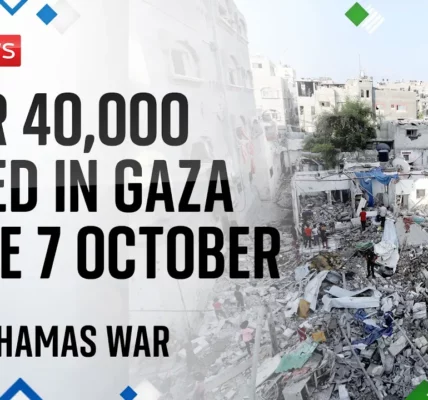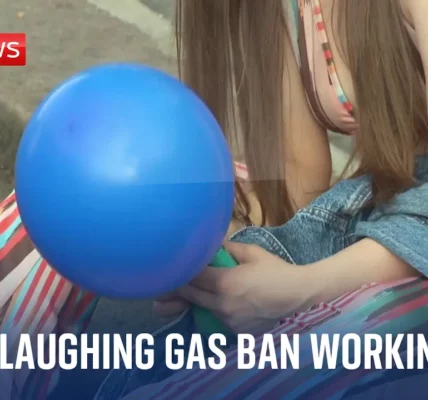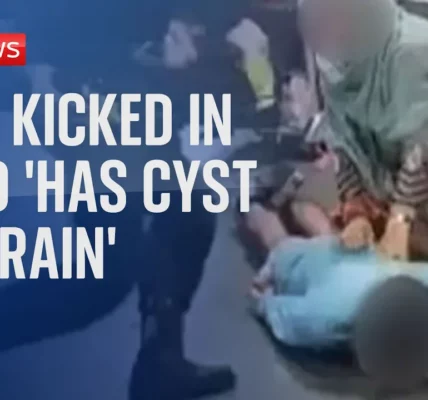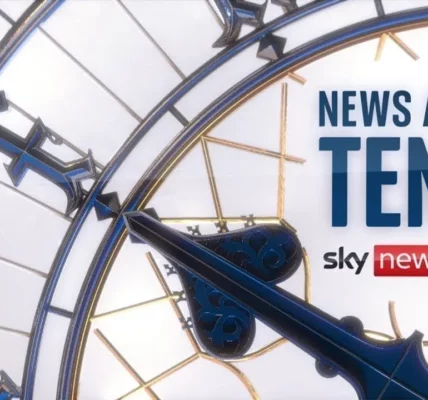The Fate of Hezbollah Leader Hassan Nazala

This article delves into the significant events surrounding the death of Hassan Nazala, Hezbollah’s leader, the subsequent reactions from various parties, and the potential implications for the region. Understanding these dynamics is crucial in grasping the current geopolitical landscape.
Introduction
The political and military tensions in the Middle East have escalated dramatically following the recent airstrike that resulted in the death of Hassan Nazala, the prominent leader of Hezbollah. This incident, unfolding in Beirut, marks a pivotal moment not only for Hezbollah but also for the broader geopolitical environment in the region. Nazala’s death has triggered a series of reactions from various factions, including Israel and Iran, and has raised concerns about the potential for further escalations in hostilities.
Key Developments Surrounding Hassan Nazala’s Death
Details of the Airstrike
On the morning of the incident, the Israel Defense Forces (IDF) announced that Hassan Nazala had been killed in an airstrike targeting his underground headquarters in a neighborhood known as Dania in Beirut. This operation has been characterized as a significant military achievement for Israel, emphasizing the ongoing conflict between the two parties.
Reactions from Hezbollah
In the aftermath of Nazala’s death, Hezbollah confirmed his demise through a lengthy statement that highlighted his leadership qualities and contributions to the organization. The statement referred to him as “the master of resistance” and described his passing as a loss for the entire movement. Key points from the statement include:
- His characterization as a “great martyr” and a “heroic, daring, and wise” leader.
- Expressions of loyalty to the “Caravan of Martyrs” within the context of their belief system.
- Calls for unity among supporters in this time of grief.
Israeli Military Readiness
Following the announcement of Nazala’s death, the IDF declared a state of high alert, prepared for potential retaliatory actions from Hezbollah. The military’s readiness indicates a recognition of the volatility of the situation and the possible repercussions of the attack on a high-profile figure like Nazala.
Regional Reactions and Implications
Iran’s Position
As the situation unfolded, reports surfaced regarding Ayatollah Ali Khamenei, Iran’s Supreme Leader, being moved to a secure location. This move underscores the Iranian leadership’s concern over regional stability and their position concerning Hezbollah’s role in the resistance against Israel.
Public Sentiment in Beirut
Reports from our correspondent in Beirut indicated a palpable tension in the streets, with gunfire and possible additional Israeli strikes reported in the vicinity. The public’s emotional response is expected to be diverse, ranging from shock to anger. Observations include:
- Immediate expressions of grief and mourning among Hezbollah supporters.
- Anticipation of potential retaliatory actions from Hezbollah against Israeli targets.
- Concerns about the long-term impact on stability in Lebanon and the broader region.
Conclusion
The death of Hassan Nazala marks a significant turning point in the ongoing conflict between Hezbollah and Israel, with implications that extend beyond Lebanon’s borders. The reactions from Hezbollah, Israel, and Iran illustrate the complex dynamics at play in the region. As the situation continues to develop, it is crucial for observers and analysts to monitor the responses from various factions and the potential for escalated conflict. For further updates and analysis on this situation, consider reading our related articles on Middle Eastern geopolitics and conflict resolution strategies.
“`
